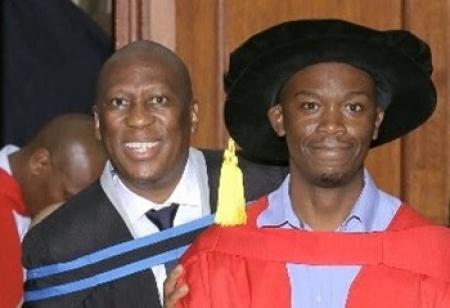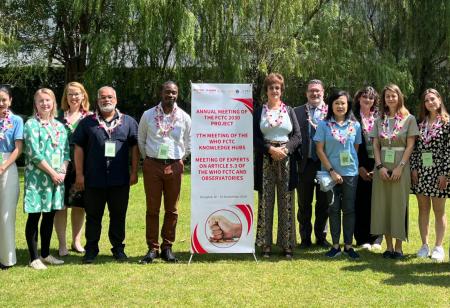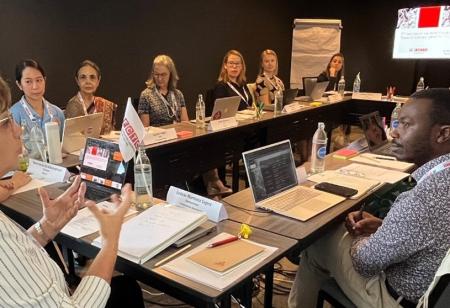

By Zunda Chisa
The 17th World Conference on Tobacco or Health (WCTOH) took place between 7thand 9thMarch 2018. While this was certainly not the first WCTOH, it was being held in Africa for the first time – a milestone on its own. The theme for the conference was ‘Uniting the World for a Tobacco-Free Generation’ and brought together a plethora of scientists, advocates, government officials, academics, and individuals within the control tobacco control community.
Several pre-conference events were held in the days leading up to the official opening of the conference, starting with a Youth pre-conference, that brought together about 100 youth from 10 countries. Africa is a youthful continent with over 60% of its 1.2 billion people below the age of 25 years, which presents as both a threat and an opportunity. For tobacco control in general, the threat lies in the rise in youth smoking prevalence as well as the emergence of new generation products that threaten the gains made over the last few years. On the other hand, conferences such as the WCTOH are an opportunity to inspire the next generation of tobacco control experts.
Members of the Economics of Tobacco Control Project and the Knowledge Hub on Taxation also had a busy week of interactions, workshops and meetings several days before and several days after the conference. It was a great opportunity for people from across the world to meet and exchange notes on the most recent developments. Of the many activities of the week, the pre-conference workshop on the Economics of Tobacco Control was particularly exciting. Partially because I was involved in conceptualizing most of what would be presented, but also because the turn-out suggested a very high interest in understanding the field by those in tobacco control who are not necessarily trained in economics. It appears to have unearthed a gap in a somewhat “underserved population” – tobacco control advocates, who formed the majority of participants at the workshop.
The economics of tobacco control field is evolving and there is growing demand among this cohort to learn more about how best to position the economic arguments in their line of work. The large focus of most support tends to focus on the policy-makers, however non-governmental organizations and civil society in general can be instrumental in bringing the right policies to bear given the right tools and they should not be neglected. A second revelation was the need for answers and some pragmatism regarding emerging products such as e-cigarettes, and in a related sense, shisha. The danger in these products lies in their current perceived appeal among the youth and their relative perceived “harmless” nature in comparison to ordinary cigarettes.
Addressing the demand for basic training in the economics of tobacco control among tobacco control advocates will require some rethinking of the current paradigm of technical and other support provided in tobacco control. The questions on e-cigarettes are however still being researched and will take some time to get to a well-reasoned, balanced response.





